A Future of Possibility Based on the Legacy of the Past
The rich and dynamic history of STEM Research and STEM education conducted at HBCU’s provides the foundation for a new type of scientific community.
Our Mission
Transformative Research for Equitable STEM Education
The Analytic Hub was developed under the HBCU STEM Undergraduate Success Research Center or STEM-US Center, a $9M research collaboration funded by the National Science Foundation (NSF HBCU-UP # 181845 and #8012032). The original partner institutions were Morehouse College, Spelman College and Virginia State University, with the grant administered by Morehouse College. As the outward-facing research arm of the STEM-US Center, the goal of the Analytic Hub has always been to “understand what academic interventions work at HBCUs and why they work.” As part of that research effort, the Hub promotes the scholarship of HBCU faculty through the CareFull Scholars Program, a six-month training focused on cultivation of a holistic, generative and sustainable daily writing practice.
However, the Hub’s commitment extends beyond research; it encompasses the nurturing of scholars and the cultivation of a vibrant community- driven by shared goals and a deep-seated belief in the power of transformative education.
Research Arm of the HBCU STEM Undergraduate Success Research Center
HBCU STEM is a collective effort led by esteemed faculty from Morehouse College, Spelman College, and Virginia State University. Together, we weave a tapestry of collaboration, drawing on the unique strengths of each institution to create a center that stands at the forefront of impactful research and innovative interventions.

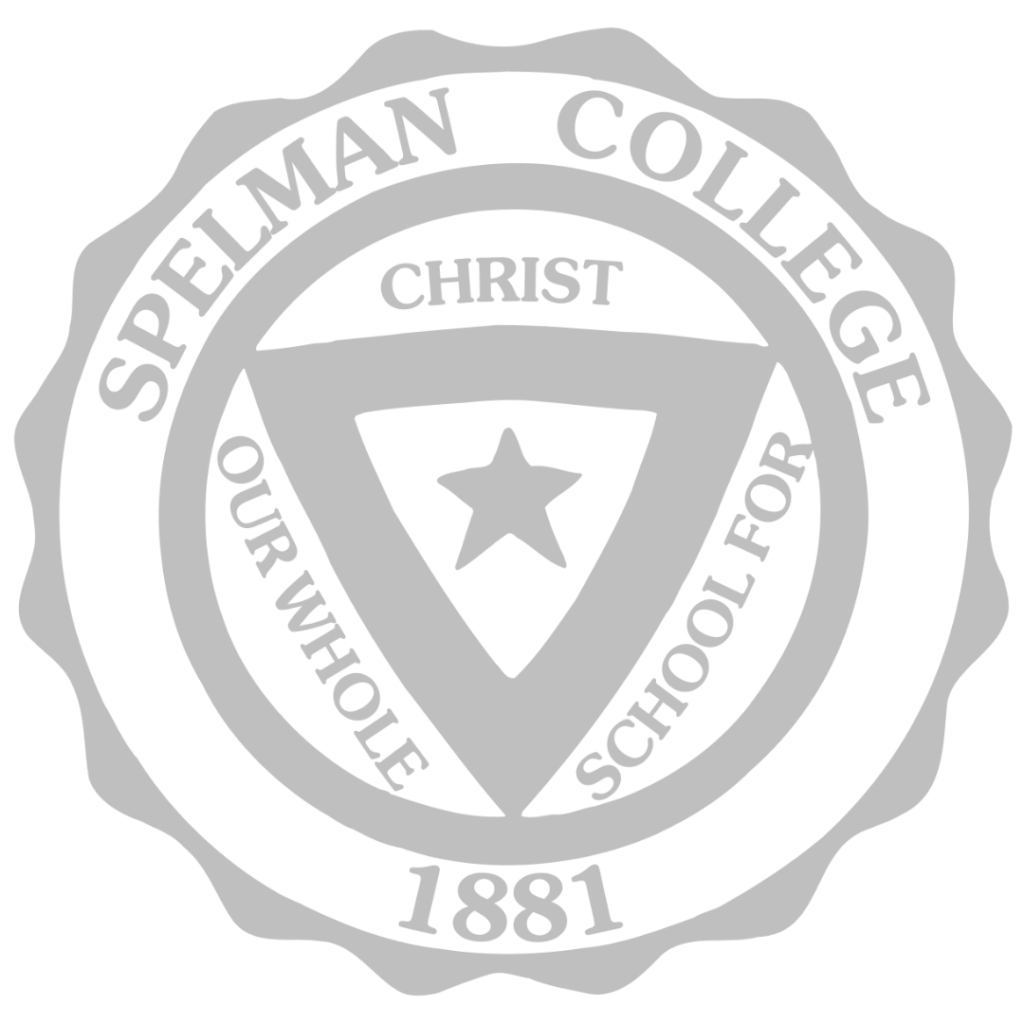
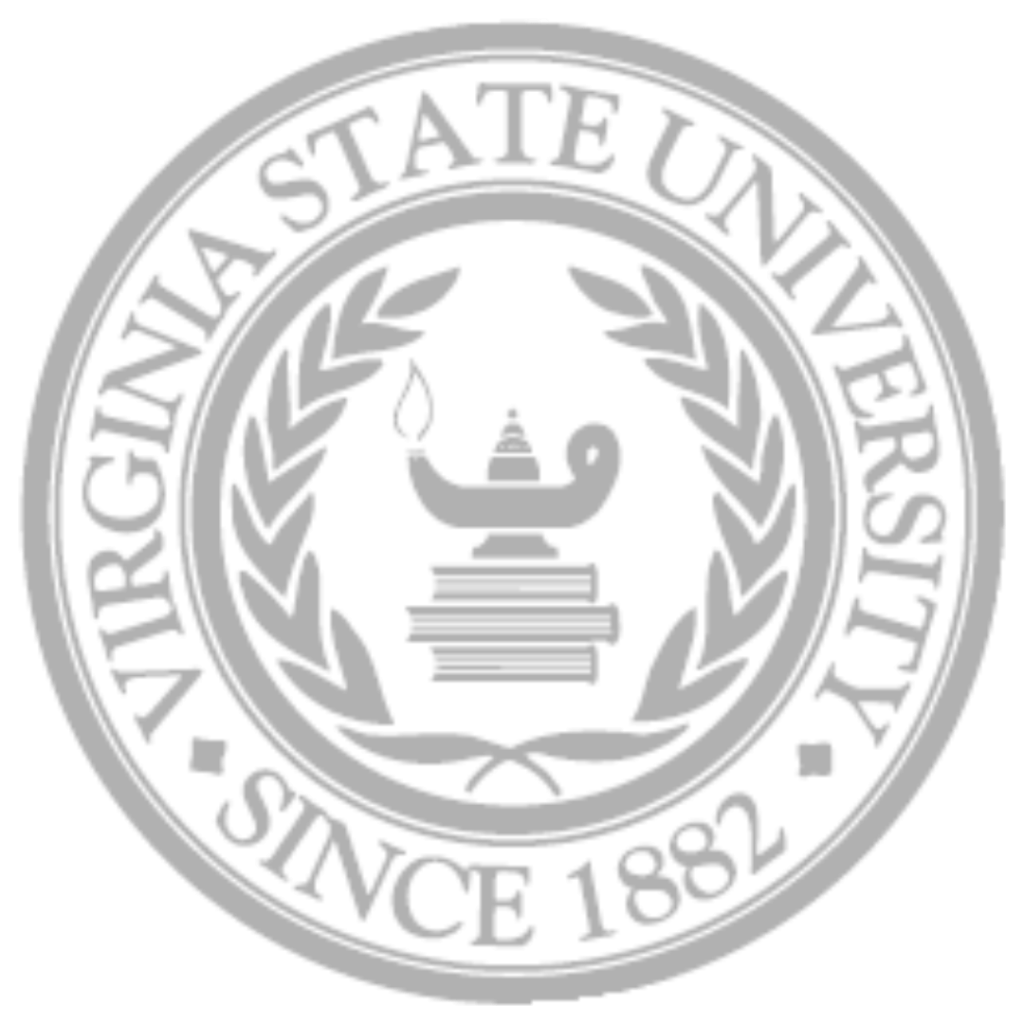
Meet The Board
HBCU STEM Analytic Hub Board
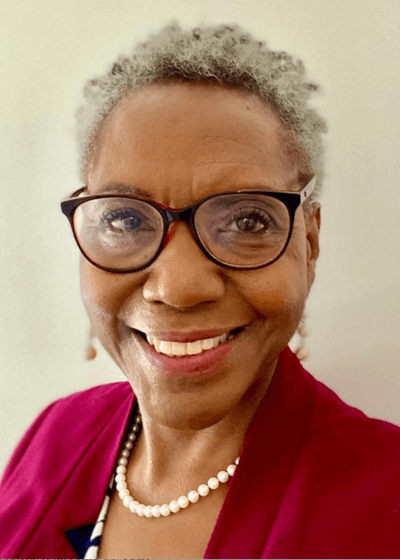
Cheryl P. Talley, Ph.D.
Research Director
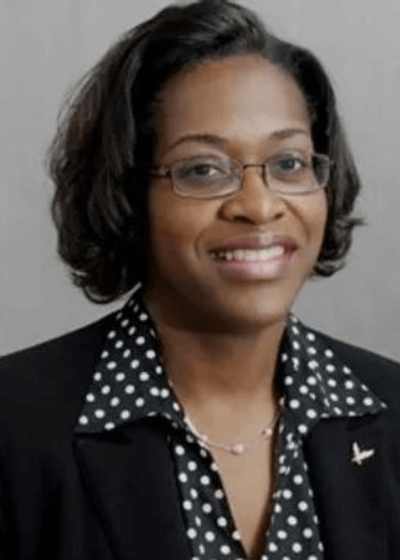
Dr. Gail Hollowell
Assistant Director
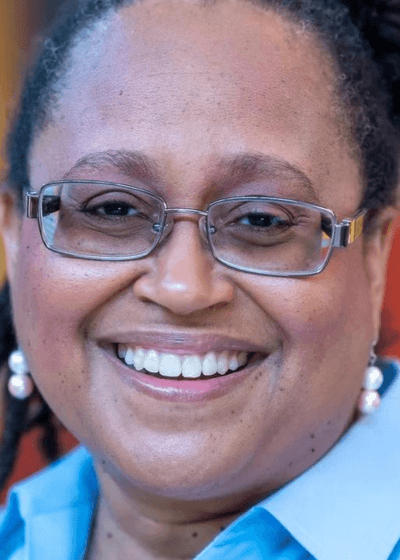
Dr. Avis Jackson
Co-Director
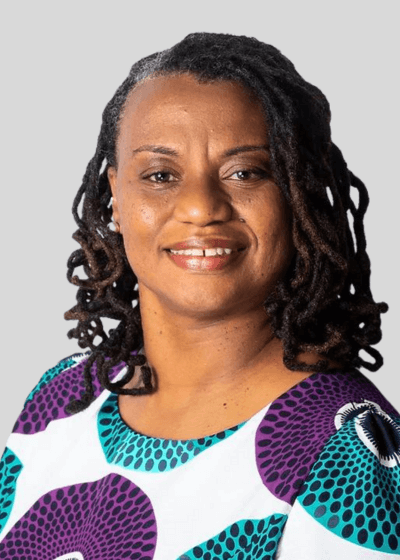
Michelle C. Chatman
Senior Advisor

Cheryl P. Talley, Ph.D.
Research Director HBCU STEM-US Center Analytic Hub
While, the Center is administratively housed at Morehouse, the Center’s comprehensive research plan is coordinated through the Analytic Hub. As director of the Hub, Dr. Cheryl Talley leads a team focused on building communities of practice around HBCU scholarship and writing, as well as a contributing to a comprehensive research agenda for the Center’s external partners.
One ultimate goal of the Center is to create a data repository of HBCU student data. The analysis of student data from across the nation will help in identifying and understanding the critical components of successful interventions used at HBCUs. In addition, aligning those components with information about the various learning contexts (ie urban, rural, private, public) of HBCU’s will aid in the scaling and replication of successful interventions
The STEM-US Center will pursue this goal by examining six previously successful STEM intervention models used at HBCU’s, including Project Knowledge, an intervention for first-year students that was developed at VSU. Other interventions such as Course-Based Undergraduate Research Experience, Intersectionality in STEM and Utilitarian Scientific Literacy will contribute to informing intervention efforts at up to 50 partner HBCU’s across the nation.

Dr. Gail Hollowell
Assistant Director HBCU STEM-US Center Analytic Hub
Dr. Gail Hollowell is an Associate Professor in the Department of Biological & Biomedical Sciences and Director of the Center for Science, Math, and Technology Education at North Carolina Central University (NCCU). Dr. Hollowell received her B.S. in Biology from NCCU and both her M.S. degree (Microbiology) and Ph.D. degree (Biology) from Howard University in Washington, D.C. She also completed a postdoctoral fellowship at the National Eye Institute, National Institutes of Health, in Bethesda, MD.
Since returning to her alma mater, Dr. Hollowell has developed a research interest that includes undergraduate science education and the impact of technology in the science classroom. With over fifteen years of teaching experience, Dr. Hollowell has developed student activities to support project-based learning, undergraduate research experiences, and entrepreneurial thinking. Her research interest includes analyzing those factors which motivate students to persist in science. Dr. Hollowell has published several conference papers and journal articles on course-based research experiences and retention of STEM majors at Historically Black Colleges and Universities. To that end, Dr. Hollowell currently serves as a co-PI on three NSF-funded projects with a retention focus of STEM majors at HBCUs.
Dr. Hollowell enjoys hosting summer science camps and Days of Discovery for local elementary and middle school students. As a member of both professional and service organizations, Dr. Hollowell believes in lifelong learning and giving back to the community. Dr. Hollowell credits her passion for science from being raised in a family of health-related professionals, growing up in the City of Medicine (Durham, NC), and witnessing the expansion of the various companies in the Research Triangle Park that has cultivated some of the best and brightest minds behind biotechnology, scientific research, and advances in medicine.

Dr. Avis Jackson
Co-Director HBCU STEM-US Center Analytic Hub
Dr. Avis Jackson manages, facilitates, organizes, and assists with developing formal evaluation and assessment strategies of federal, state, and local proposals for the Center for Predictive Analytics (CPA) at Morgan State University (MSU). Professors and researchers within and outside of MSU, in addition to state and private organizations, solicit the expertise of the CPA to evaluate programs and develop assessments. She aids with developing the evaluation section of the proposals while assisting clients with targeting the measurable components of their projects.
Through MSU’s National Institutes of Health (NIH) Building Infrastructure Leading to Diversity (BUILD) grant and currently for MSU’s Center for Innovative Instruction and Scholarship (CIIS), Dr. Jackson, is a Center for the Improvement of Mentored Experiences in Research (CIMER) Certified Facilitator. She conducts mentor training using CIMER materials and is a mentor in the National Research Mentor Network. She has helped develop and conduct mentor training each year.
She also participates as a facilitator of the Morgan Institute of Strategic Teaching (MIST), formerly Mobile Scientific Institutes’ annual training, with other MSU professors for CIIS. The MIST training seeks to assist faculty with adopting Student-Centered Teaching and Backward Design pedagogy into their teaching by developing mini-modules or tidbits. Currently, through CIIS, Dr. Jackson is assisting MSU faculty across the disciplines to integrate Data Science through IBM training.
She is an adjunct teacher in Morgan State University’s Psychometric Program in the Psychology Department, of which she is a graduate. Her dissertation developed an engagement model for adult African and Hispanic Americans at Minority Serving Institutions.

Michelle C. Chatman
Senior Advisor HBCU STEM-US Center Analytic Hub
When Michelle Chatman was growing up in DC, she savored the time she spent hand-writing long letters to her maternal grandmother, Evelyn, who lived in New Jersey. Chatman loved the stories her mother told her and her siblings, capturing their imaginations, and in the summers, Chatman spent many days at the Smithsonian, the museum where her father worked. She was enraptured by the artifacts and histories housed there.
“That love of reading, writing, stories, and imagination really helped cultivate a mindful, still way of being,” she says.
Those moments of full-body presence she experienced in her youth are part of what she brings to the students and faculty of the University of the District of Columbia (UDC) in Washington where she teaches. She sometimes begins classes with music—John Coltrane is a favorite—inviting students to breathe deeply “and to think about the stories of our lives and our experiences,” she says. “Where have we been able to inhale and exhale with a sense of freedom and pleasure?”
“If we can bring our full selves to those stories, they can be really healing, powerful, and transformative.”
She says music and storytelling are culturally relevant ways to connect Black and brown students with mindfulness. “For me, it was listening to stories with my mom or hearing my grandmother’s voice in the letters she wrote to me. Our young people can connect to narratives in hip-hop music because they’re all just different forms of truthful storytelling. I think if we can bring our full selves to those stories, they can be really healing, powerful, and transformative for us.”
Chatman is currently working on launching The Mindfulness and Contemplative Action Lab at UDC, an experiential classroom and research lab for healing-centered mindfulness and contemplative approaches. She hopes the mindfulness community can become more aware of its shortcomings when it comes to true inclusion, so that everyone has more opportunities to breathe more deeply and freely.
“I have a sense of joy and satisfaction with the things I have been able to accomplish. I have a sense of wonder about the things that are yet to unfold. And a really deep sense of appreciation of the new people I meet and the new ways that my work is having an impact in the world.”
